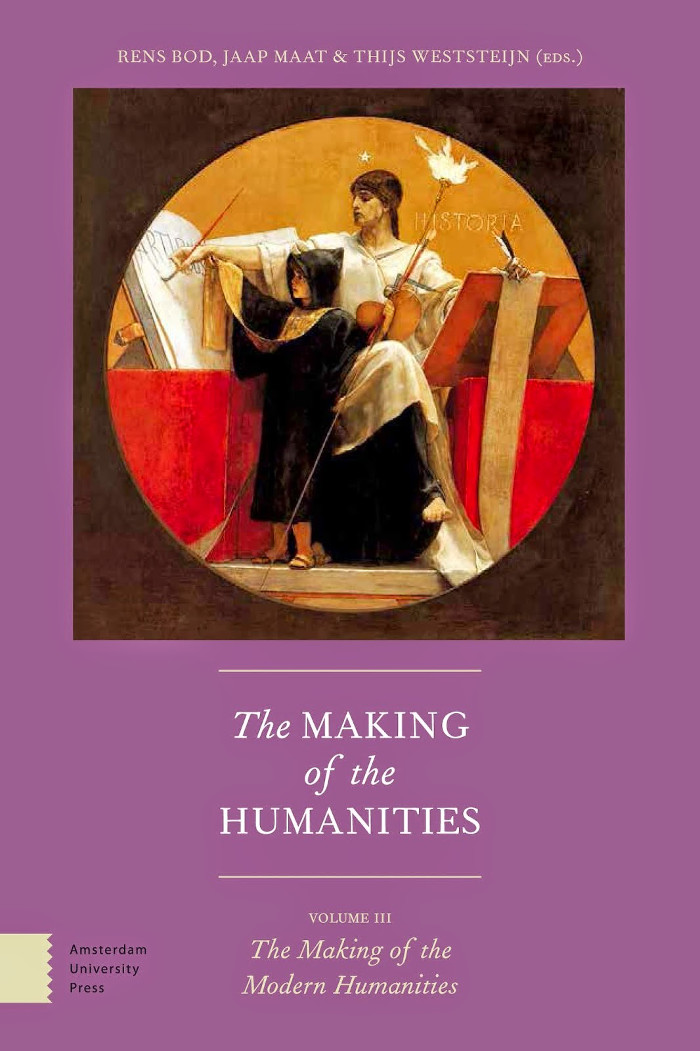François Laplantine: The Life of the Senses: Introduction to a Modal Anthropology (2005/2015)
Filed under book | Tags: · anthropology, body, cinema, ethnography, film, image, knowledge, language, life, movement, philology, philosophy, rhythm, sensation, sensory ethnography

“Both a vital theoretical work and a fine illustration of the principles and practice of sensory ethnography, this much anticipated translation is destined to figure as a major catalyst in the expanding field of sensory studies.
Drawing on his own fieldwork in Brazil and Japan and a wide range of philosophical, literary and cinematic sources, the author outlines his vision for a ‘modal anthropology’. François Laplantine challenges the primacy accorded to ‘sign’ and ‘structure’ in conventional social science research, and redirects attention to the tonalities and rhythmic intensities of different ways of living. Arguing that meaning, sensation and sociality cannot be considered separately, he calls for a ‘politics of the sensible’ and a complete reorientation of our habitual ways of understanding reality.”
First published as Le social et le sensible: introduction à une anthropologie modale, Téraèdre, Paris, 2005.
Translated by Jamie Furniss
With an Introduction by David Howes
Publisher Bloomsbury, London, 2015
Sensory Studies series, 1
ISBN 1472534808, 9781472534804
xviii+152 pages
Reviews: Claude Rivière (Recherches sociologiques et anthropologiques, 2006, FR), Fabien Pernet (Anthropologie et sociétés, 2006, FR), Georges Bertin (Esprit critique, 2009, FR).
PDF (updated on 2016-8-20)
More on François Laplantine and sensory ethnography.
Comment (0)Rens Bod, Jaap Maat, Thijs Weststeijn (eds.): The Making of the Humanities, Vol. 3: The Modern Humanities (2014)
Filed under book | Tags: · aesthetics, archaeology, art history, classics, digital humanities, history, history of science, humanities, knowledge, language, linguistics, literary theory, literature, musicology, philology, philosophy, science, social science, theatre

“This comprehensive history of the humanities focuses on the modern period (1850-2000). The contributors, including Floris Cohen, Lorraine Daston and Ingrid Rowland, survey the rise of the humanities in interaction with the natural and social sciences, offering new perspectives on the interaction between disciplines in Europe and Asia and new insights generated by digital humanities.”
Publisher Amsterdam University Press, Amsterdam, 2014
Creative Commons BY-NC 3.0 License
ISBN 9789089645166
724 pages
PDF, PDF (6 MB, updated on 2022-12-20)
Volumes 1-2
Almanacco Letterario Bompiani: Elettronica e letteratura (1961) [Italian]
Filed under magazine | Tags: · automation, computing, digital humanities, humanities computing, language, linguistics, literary theory, literature, philology, robots

An early document from the field of humanities computing, today widely known as digital humanities.
Elettronica e letteratura is the title of the thematic section of an annual literary almanac published by Valentino Bompiani since 1925. The section contains the historical excursions by Rinaldo De Benedetti, Michele Pacifico and Franco Lucentini, and the reports on scientific research sponsored by Olivetti and IBM Italy and conducted by Roberto Busa, Stanislao Valsesia, Carlo Tagliavini, Silvio Ceccato, and Nanni Balestrini.
In one of the articles, the Jesuit priest Roberto Busa, often cited as the pioneer of the field, gives an account of his work on Index Thomisticus, a complete lemmatization of the works of Thomas Aquinas, started in the late 1940s (elsewhere: “During the World War II, between 1941 and 1946, I began to look for machines for the automation of the linguistic analysis of written texts. I found them, in 1949, at IBM in New York City.”).
Included is also a survey about the potential use of computers in literary scholarship (including a response from Pier Paolo Pasolini), entitled “Le due culture” [Two Cultures], and an essay by Umberto Eco.
in Almanacco Letterario Bompiani 1962: Le applicazioni dei calcolatori elettronici alle scienze morali e alla letteratura
Edited by Sergio Morando
Publisher Bompiani, Milan, December 1961
pages 87-188 (of 324)
via P–DPA log
Commentary (Adriano Comai, 1985, in Italian)
PDF (62 MB; large portion of the survey missing, 313ff)
See also an online emulator of Tape Mark 1 and Monoskop page on digital humanities.
Comments (2)
